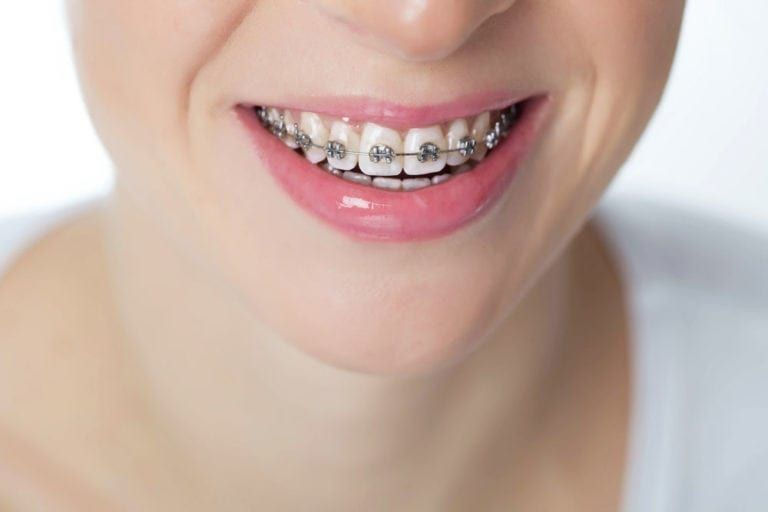Composite Bonding vs Veneers: Which Is Right for You?
- dclinicdubai
- Jun 13, 2025
- 3 min read
When it comes to achieving a flawless smile, cosmetic dentistry offers several effective options—two of the most popular being composite bonding and porcelain veneers. Both methods can dramatically improve the appearance of your teeth, but they differ in technique, cost, durability, and suitability. For anyone considering composite bonding in Dubai, understanding these differences is essential to making an informed decision about your dental care.

What Is Composite Bonding:
Composite bonding is a non-invasive cosmetic procedure that uses tooth-colored resin to correct minor imperfections such as chips, gaps, and discoloration. The resin is sculpted directly onto the tooth, then cured with a special light and polished to blend with your natural smile.
What Are Veneers:
Veneers are thin shells, typically made from porcelain or composite material, that are custom-made and bonded to the front surface of your teeth. They are used to address more significant aesthetic concerns like uneven spacing, crookedness, or deep discoloration that doesn’t respond to whitening.
Key Differences Between Composite Bonding and Veneers:
While both procedures aim to enhance dental aesthetics, they differ in multiple ways:
Material: Bonding uses resin; veneers use porcelain or composite shells
Longevity: Veneers last longer (10–15 years), bonding lasts around 5–7 years
Cost: Bonding is more budget-friendly
Invasiveness: Bonding is minimally invasive; veneers may require enamel removal
Stain Resistance: Veneers resist stains better than bonding
Aesthetic Results:
Both options provide natural-looking improvements, but veneers generally offer a more polished and uniform appearance. If you’re seeking a complete smile makeover or correcting multiple flaws, veneers may offer superior aesthetic results. However, bonding can still be remarkably effective for subtle enhancements.
Durability and Maintenance:
Porcelain veneers are highly durable and stain-resistant, making them ideal for long-term results. Composite bonding, while effective, is more prone to chipping and discoloration over time. Proper care—like avoiding hard foods and maintaining oral hygiene—can extend the life of both treatments.
Procedure Time:
Composite bonding can typically be completed in a single visit, making it ideal for quick fixes. Veneers usually require multiple appointments, including consultation, tooth preparation, impressions, and final placement. If time is a factor, bonding may be the more convenient choice.
Ideal Candidates:
The right treatment depends largely on your dental goals and the current condition of your teeth. Choose composite bonding if you:
Have minor chips or cracks
Want a fast and affordable fix
Prefer a non-invasive procedure
Veneers may be better if you:
Have severe discoloration or misalignment
Want a long-term cosmetic solution
Don’t mind irreversible enamel removal
Risks and Limitations:
Composite bonding is more likely to chip or stain, particularly if you smoke or consume staining foods. Veneers are more durable but require permanent changes to your tooth structure. Additionally, both procedures need to be done by experienced cosmetic dentists to avoid issues like unnatural appearance or gum irritation.
Choosing a Cosmetic Dentist:
The outcome of either procedure depends on the skill of your dentist. When considering composite bonding in Dubai, look for clinics with:
Licensed and experienced cosmetic dentists
Before-and-after galleries
Positive patient testimonials
Transparent pricing and consultation options
Aftercare Tips:
To ensure long-lasting results from either treatment, follow these tips:
Brush and floss daily
Avoid biting hard objects like pens or ice
Schedule regular dental checkups
Use a nightguard if you grind your teeth
Limit consumption of coffee, wine, and tobacco
Final Thoughts:
Choosing between composite bonding and veneers depends on your aesthetic goals, budget, and long-term expectations. Composite bonding in Dubai is an excellent choice for quick, cost-effective fixes with minimal preparation, while veneers offer a more durable and comprehensive solution for extensive cosmetic issues. Consult with a qualified dentist to explore which option aligns best with your dental needs and lifestyle.


Comments